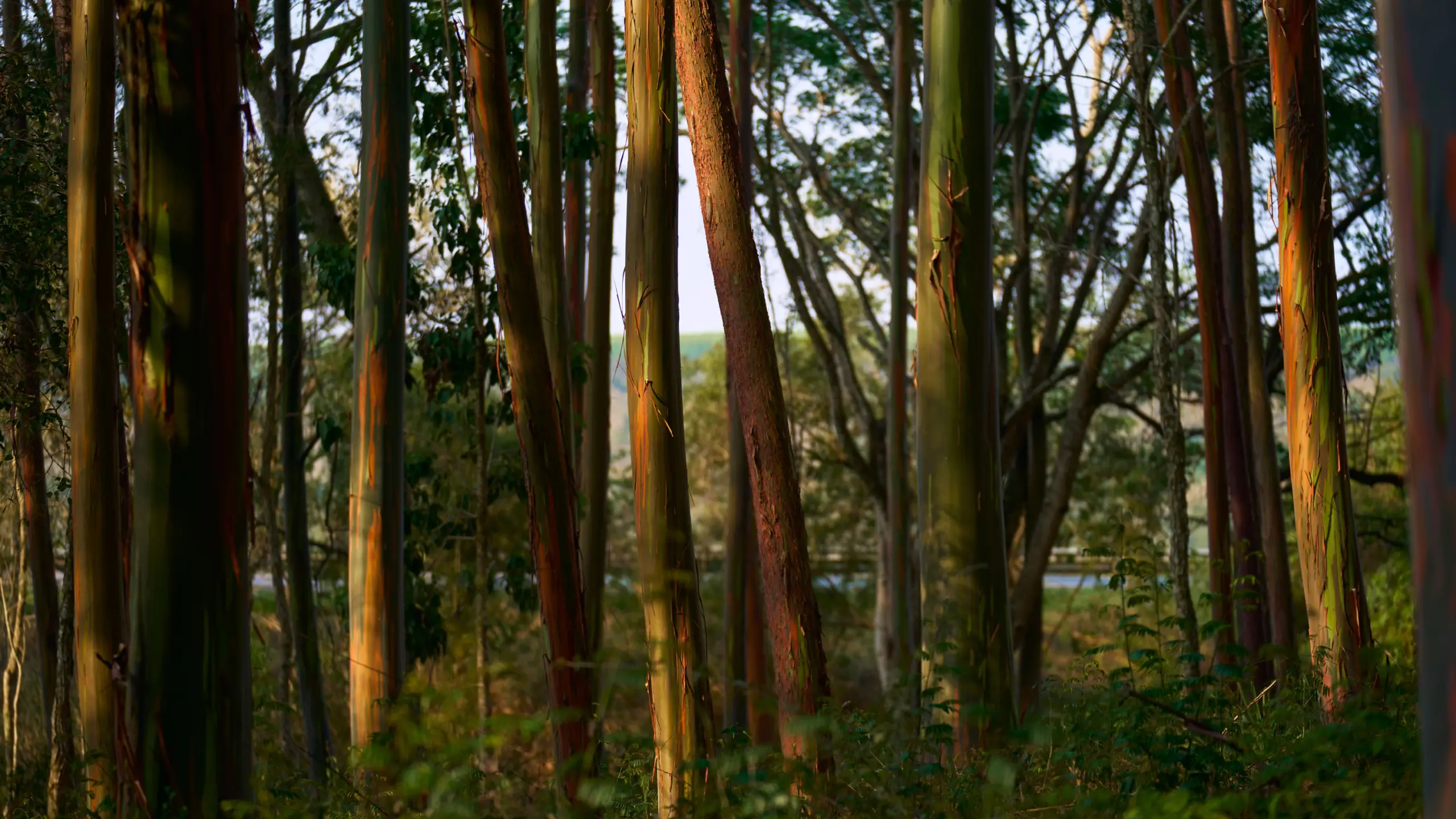
Apple has made a significant commitment to achieving carbon neutrality by planting millions of eucalyptus trees in Brazil, aiming to balance its carbon footprint while addressing demands for paper products. The tech giant’s strategy has drawn both praise and criticism from ecologists and local residents who question the sustainability of monoculture tree farming in the biodiverse Cerrado region. The trees, known for their rapid growth, have been labeled ‘green deserts’ by some, who worry they disrupt the local ecosystem and could contribute to future fire risks.
Local opinions are divided; while some appreciate the aesthetic and the potential for ecological restoration, others view the eucalyptus plantations as detrimental. Critics argue that eucalyptus trees, often seen as invasive, do not support native wildlife and can exacerbate water scarcity and fire hazards in an already vulnerable ecosystem. Proponents argue that these plantations can help meet the growing demand for wood products while providing carbon offsets that contribute to climate change mitigation.
As Apple and its partners invest in these controversial farming operations, a delicate balance emerges between satisfying corporate sustainability goals and preserving the natural landscape of the Cerrado. The challenge lies not only in the ecological ramifications but also in rethinking how carbon credits are assessed and valued. Will the push for eucalyptus be a step toward a greener future, or will it be yet another example of corporate overreach undermining precious ecosystems?










